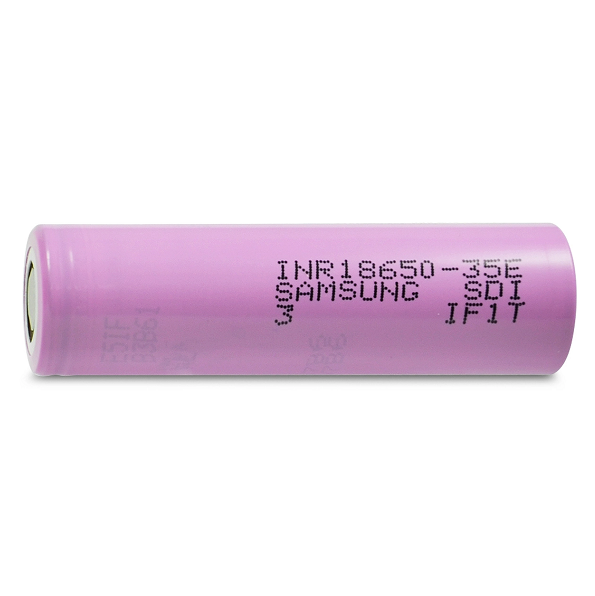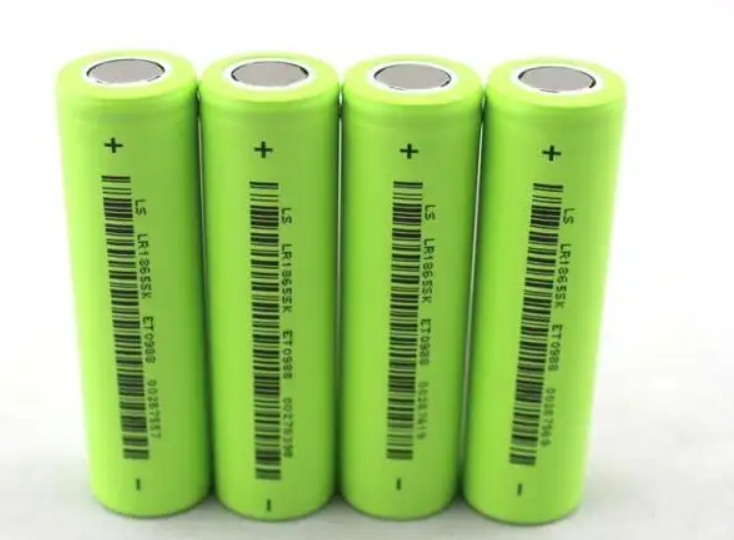© Copyright 1976-2017 Shenzhen Vodno Technology Co., Ltd All rights reserved. Powered by iwonder.cn
The two most common types of batteries used in electric forklifts and other material handling equipment are lithium-ion and lead-acid.
Each type of battery has a different technology, which affects charging durations and methods.
When comparing the two, lithium-ion batteries have a more efficient charging procedure that results in significant cost savings over time.
Considering the market proliferation for lithium-ion battery cells, one can only be guaranteed of getting a top-grade quality by partnering with a reputable and reliable lithium-ion battery cell manufacturer.
One of the most useful properties of lithium-ion batteries is their ability to be charged at any time.
This includes time in between shifts when employees take breaks, and whenever another opportunity arises.
This is because lithium-ion batteries charge in 1 to 2 hours. In comparison, lead-acid batteries take eight hours to fully charge and another eight hours to cool down.
Even if opportunity charging is handy, charging a battery might be inconvenient at times.
Lithium-ion batteries may be safely depleted to a lower level than lead-acid batteries, giving operators more flexibility in charging the batteries when it is convenient.
Lead-acid batteries can only be safely discharged to 30% capacity, whereas lithium-ion batteries can be safely discharged to 20% capacity.
Lithium-ion batteries are made using enclosed cells. This eliminates the need for water upkeep.
Companies that power their fleets with lithium-ion batteries have an obvious advantage, as only one lithium-ion battery is required per forklift to work two or three shifts in 24 hours, compared to two or three lead-acid batteries per forklift.
Because lead-acid batteries are packed with an electrolyte solution (sulfuric acid and water) that becomes extremely hot while charging, they need plenty of time to cool down.
A lead-acid battery's usual cool-down period is 8 hours or the length of one shift. Due to the length of time, it takes to charge and cool a lead-acid battery, each forklift will require one lead-acid battery per shift.
As a result, if your warehouse is open 24 hours a day, each forklift will need three lead-acid batteries. Every shift, a lead-acid battery must be replaced.
This is a labor-intensive and time-consuming operation that should be reflected in the battery's genuine cost.

The charging of a lithium-ion battery is not as difficult as it is for a lead-acid battery.
Lithium-ion batteries do not need to be removed from the forklift or other material handling equipment to be charged.
Therefore, they do not require separate charging facilities. Instead, while the battery is still in the forklift or other equipment, forklift operators can connect it to the charger.
A lead-acid battery's charging procedure is substantially more complicated.
Furthermore, the process of replacing lead-acid batteries twice per shift required the forklift to be out of service for about 15 minutes for each battery change.
There is no need for the time-consuming process of swapping out batteries for charging because lithium-ion batteries may be charged while in the forklift or other equipment.
Furthermore, the space previously devoted to a lead-acid battery room can be utilized for more productive purposes.
Lithium-ion batteries, unlike lead-acid batteries, do not require watering. This frees up time and personnel that can be put to better use elsewhere in your business.
When a battery is charging, a lithium-ion battery management system (BMS) balances the cells automatically and provides many precautions.
Water levels in lead-acid batteries must be accurately managed in numerous ways. Crews must monitor the batteries to ensure that:

Lithium-ion batteries provide additional safety features that ensure you get the most out of your battery while also safeguarding your personnel.
Lithium-ion batteries, as previously stated, do not require watering during the charging process.
There is a possibility of a spill when employees add fluids to lead-acid batteries. In the event of a leak, the battery's highly toxic sulfuric acid could splash onto the body or into the eyes, inflicting harm.
Lithium-ion batteries have a low danger of overheating during charging.
The battery management system monitors cell temperatures to ensure that they stay within safe operating ranges, posing no danger to workers. The electrolyte solution in lead-acid batteries can overheat, creating pressure inside the battery and damaging the plates or worse, producing an explosion.
When charging, lithium-ion batteries do not emit any potentially dangerous gases. Because of the potential of this happening, lead-acid batteries must be charged in a separate, well-ventilated room.
Lithium-ion battery cells have been proven to have several advantages that will improve the output of your business.
However, getting the right and quality product could be a herculean task to come by, hence there is a need to connect with a reputable and trustworthy lithium-ion battery cell manufacturer.
We at Shenzhen Vodno Technology Co., Ltd. are set up to produce only high-quality lithium-ion battery cell with grade-A materials.
Thanks to our talented workforce and industry-leading delivery strategy, we've increased our global reputation.
Kindly contact us for your lithium-ion battery cell.